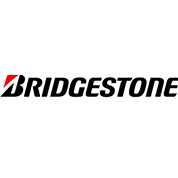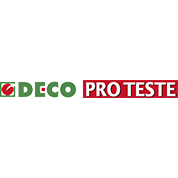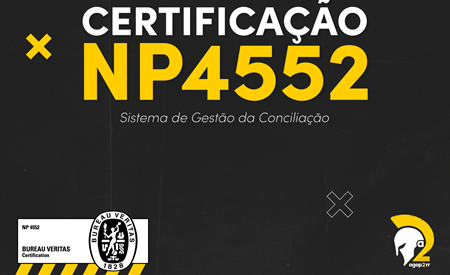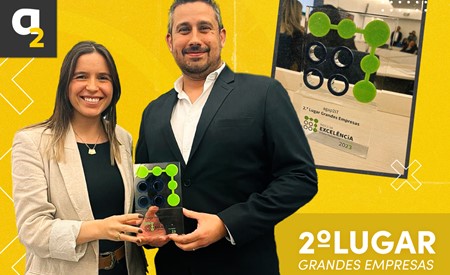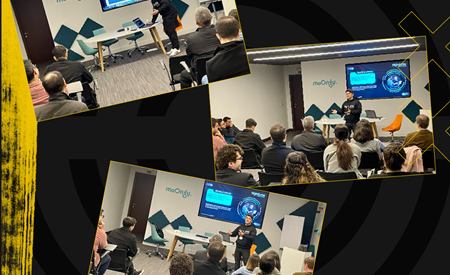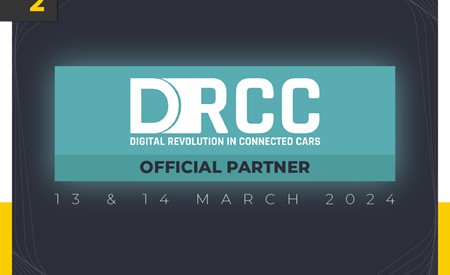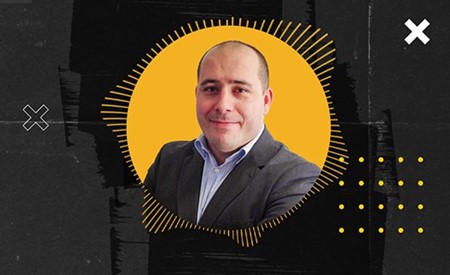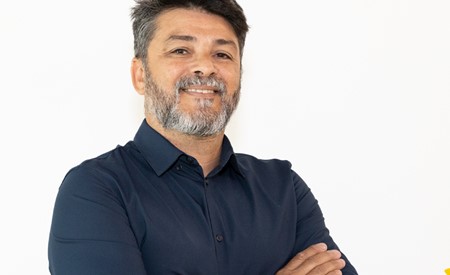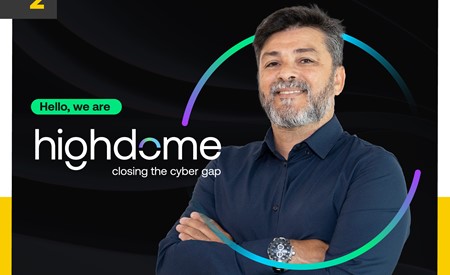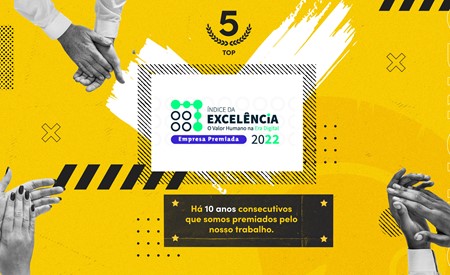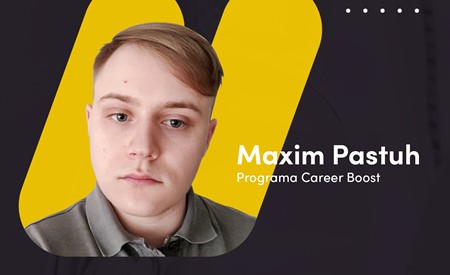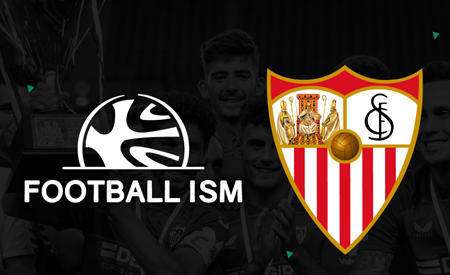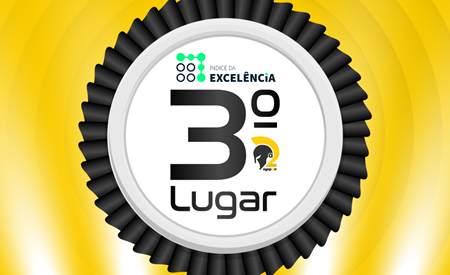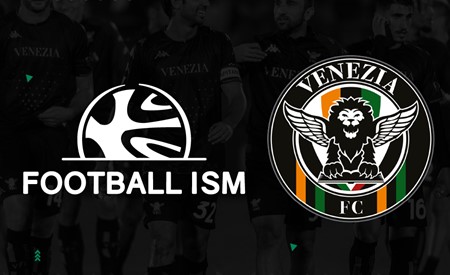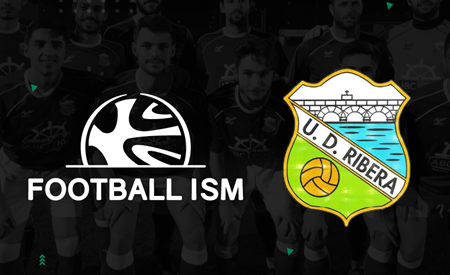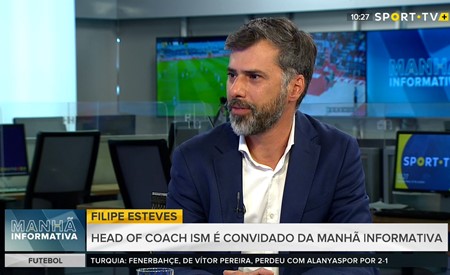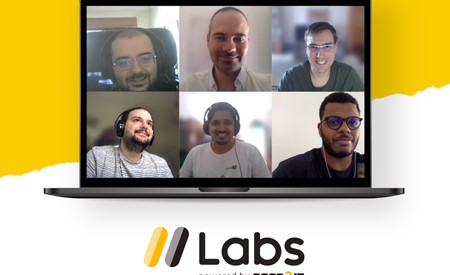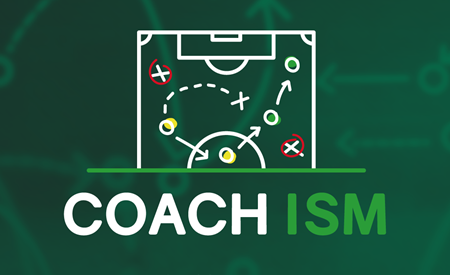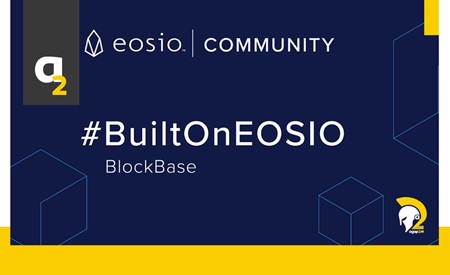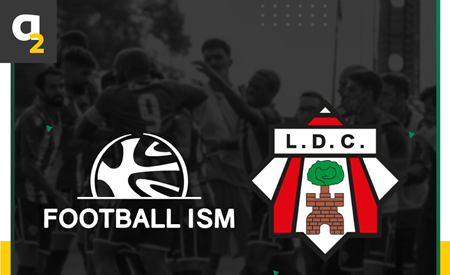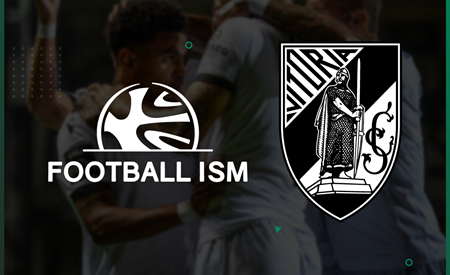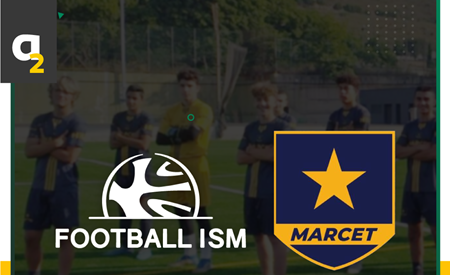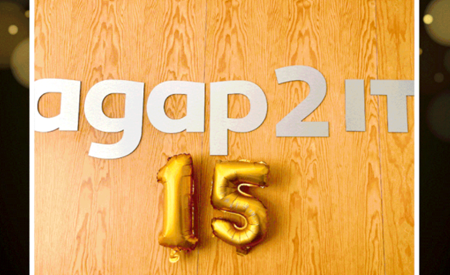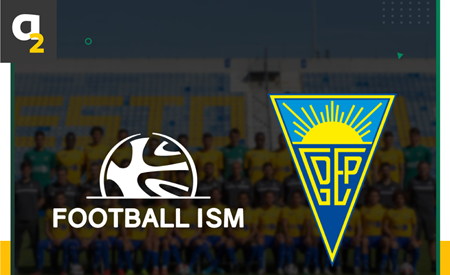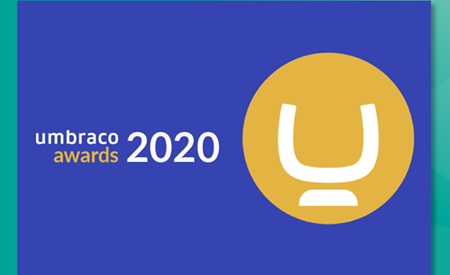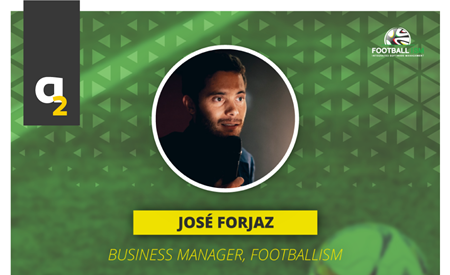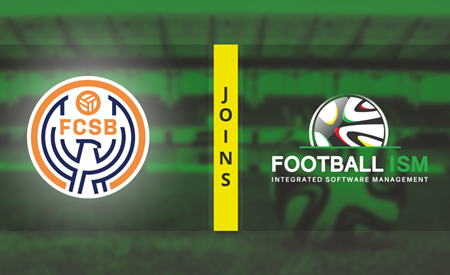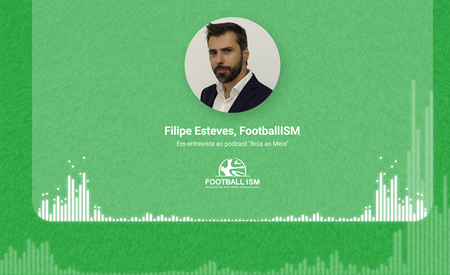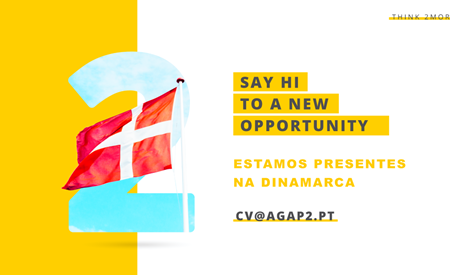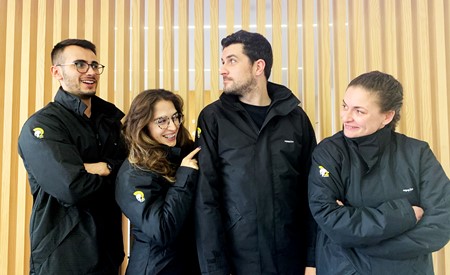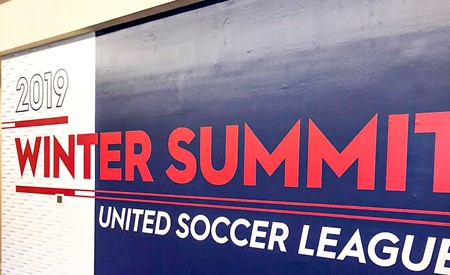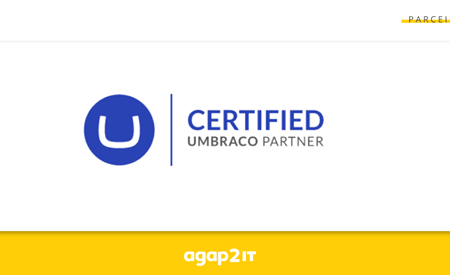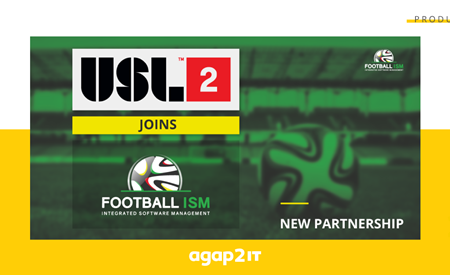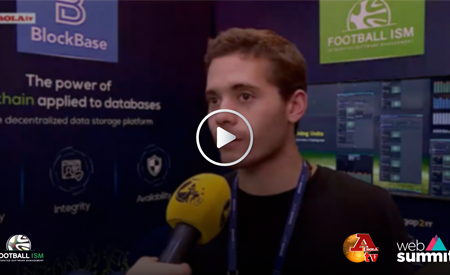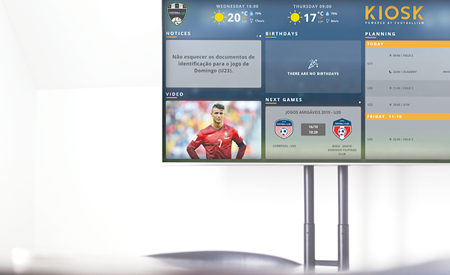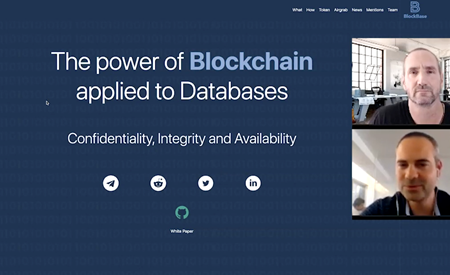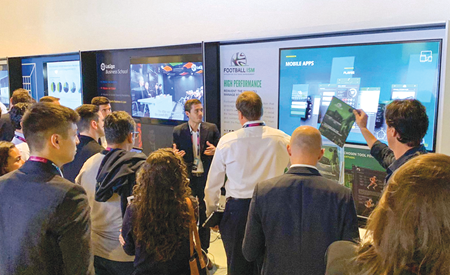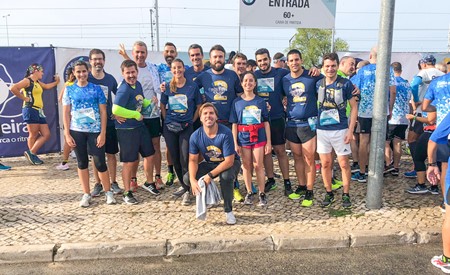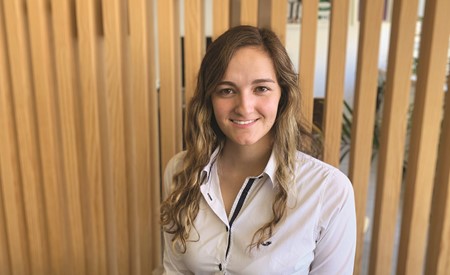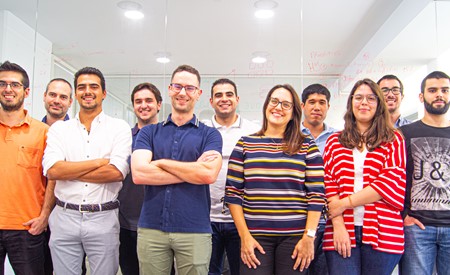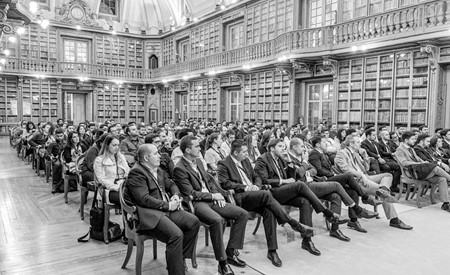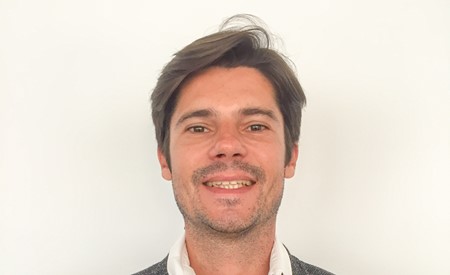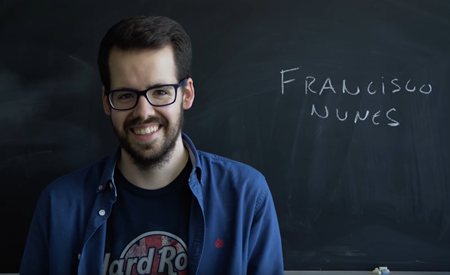The following article was written by José Forjaz, Business Manager of FootballISM. A short version was originally published on Observador.
"From Zurich it is remembered that football is experiencing a situation that has not existed since the Second World War ..." - Newspaper "Marca"
Covid-19 has definitely changed our lives. Will life and the world of football be able to take the opportunity to adapt to Technology, making clubs more efficient in their management?
Stadiums Closed. Training centers closed. All activity stopped. Players are home, fans too. No more Box Office income, no more sponsorship deals. Will the season end, or will the 20-21 season start later. What to do with the salaries of players that are not “producing”? How do you have the legitimacy to ask sponsors or television rights’ buyers to pay if the team does not play?
Just as governments need supranational directives (EU, IMF, G7), so does football. We cannot have a championship to end now, and another to last until the end of August. Will FIFA and UEFA make the best decisions to ensure that we all continue to have spectacle and excitement, in whatever format?
The truth is that, like the world, football is going through a phase of profound transformation, which turns out to be an excellent opportunity for a profound reflection on its course.
In this article, I will try to identify some of these dynamics and their weaknesses, and thus shed some light on the paths I consider possible. One thing is certain: we are far from understanding how far this change and transformation will take us, but it is up to each one of us (or in this case, each club / officer / association) to determine the future of this century-old sport.
Football, Today.
Nowadays, Football is one of the biggest businesses in the world. The World Cup Final is the most watched event on the entire planet. It is estimated that there are more than 260 million people directly or indirectly involved in the Football business, spread over more than 210 associations worldwide. Every day we have games, national leagues, international competitions, between countries and between clubs.
Each club is a company, a business to be managed. Money is undoubtedly a determining factor in a club's growth, but it is not the only success factor. Its structure, its short, medium and long-term strategy, determine whether or not these companies have the potential to grow. Unfortunately, the management of most clubs is not designed with sustainable growth vision, but rather a fast return associated with very high risk.
Most football clubs live for the weekend’s game. Star players are hired without the financial capacity to pay salaries, in order to please supporters and try to get some short-term results, most of the time opening financial holes that are very difficult to recover.
In Portugal, Shareholder Acquisitions appeared with the purpose of saving / reinventing / boosting Clubs, but often end up having totally opposite effects. The separation between the main team (SAD) and the Youth structure (Clube) is an issue that must be resolved. In fact, what happens is that the Clube no longer has assets where it can get some money (first team), and the SAD’s often fails to benefit from the values and youth talent that come from the club itself. This reality ends up generating entropies that translate into negative consequences for the Club's fans, who no longer feel an affective connection between Club - City. In other words, nobody wins.
On the one hand, SAD's do not want to spend money on Youth, since afterwards, they do not obtain direct and immediate profits. On the other hand the Club does not want to have an owner, and therefore the Stadium and Training center must remain property of the “Supporters ”. In conclusion, we end up having a system that, despite having good initial objectives, usually fails.
Football has everything to be profitable, to pay good wages and to provide a great atmosphere. But unfortunately, the lack of processes and professionalism in internal logistics is a major obstacle to its proper functioning. To ensure that they overcome this pandemic in the best possible way, clubs need several fundamental tools: a solid business structure, fully digitalized processes and above all an investment strategy not only in the short term, but also in the medium and long term.
Business Structure, Technology and Investment
To improve, Clubs need to raise their productivity levels. How?
Management
It all starts with the selection process for hiring a Sports Director or a General Director, which has to be very well considered. One should not continue to hire managers solely on the basis of their professional football career. It is clear that a former high-level footballer has a greater knowledge of the game than others have, realizes better the reality of what is a lockeroom, problems that may exist between coach and player, between structure and coach. But all this does not mean that he is a good manager for the Club. When hiring for a particular position, it is essential to take into account several factors: the ability to perceive and know a club as a whole, to know all its processes and all departments, to know how to lead, how to perceive and have a short, medium vision and long term.
A football club, despite all its emotion, still remains a company, with a huge number of workers in many cases, and must be managed as such
Oportunity
Let’s now look at the areas generally associated with the operation of a football club: Technical Area, Scouting, Medical Department, Nutrition, Performance, Academic, Psychological, Residences, Transport logistics, Registration, Field management, rooms, bedrooms, meals, Financial management, Management of contracts with Clubs, agents and players… These areas, which often work geographically and logistically apart, have difficulties communicating with each other. Whatsapp, e-mail are the main communication channels. But the information is still spread across different departments, each using a different system, which results in a huge inefficiency of processes and decisions.
One day, I was meeting a club in its “meeting room”. It was the final day for League registrations. I see 3 computers open with two Club workers, visibly stresses, asking between one another in which computer was the athlete's passport scan. "Ah, it’s here!" - “Okay, so print it. Please check the validity date! ” - "F ***!, it's not valid anymore!" - "So call him to ask for the new one, and if he still hasn’t renewed it, he needs to ask for an emergency one, Today. Why all this trouble? Because no one knew where the information was stored.
The path to solve these ineficiencies involves, first of all, a clear and systematic definition of workflows, but the most important is to have a medium / long term investment in restructuring and digitalizing all these processes through technology, in order to guarantee a stable and with sustainable growth.
Investment
Nowadays, there are sufficient technology softwares that allow not only a centralization of information, but a much faster access to it. Technological is increasingly used by coaches for their own work (GPS, training schemes design, video analysis systems), but it is still pretty much neglected for all other departments, leading to lower levels of productivity as a whole.
Let’s take the GPS trackers. Today, most first and second division clubs use GPS vests to obtain measurements of the athlete's physical behavior on the field, whether in training or in game. GPS measures data such as: accelerations, decelerations, heart rate per minute, distance covered, etc. All of this information is obviously important and gives us insights into trends and developments in athletes. But, its potential is not explored to what it could be.
If we could cross-check physical performance data with academic data, for example, we would have a real advantage. Having this information centralized is the infinite possibility of data crossings that will serve to analyze trends, understand the care to be taken, be able to define rehabilitation processes. In a very near future and with the help of Machine Learning, to even be able to anticipate injuries and define the best athlete training plan’s strategy based on data knowledge. From the moment the system gathers all this data, patterns start to be defined. Imagine the example of an ACL’s injury to the right knee for a left-back (LB) or a right-back (RB). In theory, a cruciate ligament injury has a standard of treatment. However, there is much information that is important and is individual, for example: what is the preferred foot, the size of each skinfold (Anthropometry), food plans, clinical analyzes, the leg’s arch, and even the type of boots. All these factors have an influence on their recovery, which will be different for the left defender and for the defense right surely. Machine Learning will allow an ultra-detailed level of Athlete understanding, which will ultimately improve their performance indexes, not only physical ones, but also psychological.
And why aren’t clubs making this type of investment? One, because it takes time to bring results, and two, those same results are not always easily measurable. The word Long-Term does not fit very well in the world of Football.
Resistance to change and high turnover rates
Football is still very traditional. It is not uncommon to find professionals in the sector who are absolutely sure that their way is the best way. Even if you present to them a summing up of the best practices of the best examples of some of the biggest clubs in the world, it doesn’t matter. The only way is their way. Giving a bit of introspection into the matter we understand that a coach is, generally, a former player, who has had to fight for a position his entire professional life. He has a “risk position” depending on the results of the week. Therefore, he excludes himself from the general Club structure and isolates his work.
Another factor that doesn’t help with Club growth is Resistance to change. I understand. How are you going to convince a 55-year-old coach, who has used his paper sheets to prepare training for 25 years, who wins a few games, who is a good motivator and that doesn’t believe in statistics, to start using a technological system that will ensure that the club improves? As much as the system might be very simple and very user friendly, it will always be difficult for a case like this. Because you are changing the normal processes that someone is used to do for the last 20 years.
Another characteristic in this Football world that does not help with its evolution at all is its high turnover. And no, it's not just about coaches. Officers, even presidents, owners usually spend very little time in clubs.
Knowing this condition, many workers at the club end up being much more “cautious” when it comes to their own “production”.
Let’s imagine the example of the Referee’s team analysis. Several questions arise: Do we have a referee who starts killing it with yellow cards in the first 15 minutes? Or is it a referee that grows with the game? How do you usually decide when in doubt with the offsides? How is it with red cards and coach discipline? All this information is relevant, even when deciding which starting line up to choose.
What happens is that this type of analysis is in the possession of the technical team that will eventually leave the club. Is this logical? Isn’t the coach a club worker? Isn’t the coach’s and its team’s work not intellectual property of the club? How can a Club evolve if it always has to re- start from scratch?
A mentality that is starting to change, slowly.. There is hope!
The importance of Youth
In Portugal there are many interesting projects, such as Famalicão, in which the SAD decided to invest in the Youth (Clube), guaranteeing the a logic between the diferent youth categories for better preparation when arriving to the main team. Unfortunately, there are still very few of such cases.
I have been a Sporting fan since I was born. And I will be a Sporting fan by heart until the day I die. But, unlike many fanatic fans that like an institution more thant the sport, I have a great admiration for Benfica. Why? Because I am proud to see a football club that is managed in the way that I believe a club should be managed. Benfica realized the concept of opportunity cost. Invest now and suffer consequences for a few years, in order to reap very solid fruits in the future. (Currently Benfica is already harvesting these fruits ...)
What Benfica's structure has done in the last 15 years has been to have a strategy and implement it. They focused on understanding exactly where football was headed and decided where to invest. It was not about buying expensive players and thinking solely and exclusively about the main team, but about creating unique youth conditions, realizing the importance of technology in this process.
Everything has an opportunity cost. Luis Filipe Vieira became president of Benfica in 2003. Benfica had not been a League Champions for 11 years. And for the next 6 after taking charge, just one League title. These were years with the focus on restructuring, creating new visions and strategies for the club, and investing. Certainly, the Benfica fans were very impatient at the time. But when things are done well, the results appear. Last 5 years, 4 League Titles. But the Benfica project is not only happy with national hegemony. It needs to follow its phases. One of the costs to pay with all this investment were the European competitions.
Could Benfica do better in European competitions? Of course they could. But the opportunity cost would be to forgo a long-term investment, which has already borne some fruit, even if it still has a long way to go. And while they follow this path, they gain years and years of competitive advantage over their more direct rivals.
Mentalities are slowly changing. Clubs such as Sporting Clube de Braga, Vitória Sport Clube or Estoril Praia, are also already realizing the importance of this investment. Sporting Clube de Portugal, after being a pioneer in this mentality, now wants to be back in the game.
Comunication between Club and Supporters
Another crucial point is the influence and the support of supporters. In order for the structures to be able to make these kinds of decisions, it is also of crucial importance that supporters back those decisions. The communication between Club and supporters must be realistic and objective. There is no point in saying that you are a candidate for the title, when objectively and realistically, the maximum you aim for are European competitions. The management of Supporter expectations is fundamental for a better understanding and goog working evinoment for everyone.
The future. In and out of Portugal
“When do you Think mentalities are going to change?”
Portugal is no different from other countries about these matters. We are not in a bad situation, but the fact is that our stadiums are empty and our salaries are too low to attract good players, who prefer to play in the second Belgian division than our first. Not taking into account Benfica, Sporting and Porto, the average annual salary in Liga NOS stands at € 66,000 vs € 90,000 annually in the second Belgian division.
The Portuguese Football Federation and the Portuguese League have done a lot for the good of Portuguese football. From the Youth Program certificate, to the online registration process of the League, to the prizes for the best turfs that made watching a game on television at the Portimonense stadium become a pleasure.
A note also for the excellent contribution of Channel 11 that came to “refresh our minds”, by talking about Football in its purest state.
All of these intiatives will positively influence the growth of Portuguese football.
Within a framework of technological evolution, most first division clubs already have tools for improving the tactical and technical aspect of the game. But that is clearly insufficient.
In order to ensure that the football sector grows profitably, it is necessary that this evolution in the technical and sports area is accompanied by an evolution in the operational and administrative area. Starting by defining strategies, defining the structure and carefully hiring for each position, stop living on the basis of unpaid interns, investing in technological equipment for everyone and not just for some, improving the conditions of the turfs and hygiene inside the clubs, creating liaison mechanisms to supporters, always managing realistic and objective expectations management.
In this article, I tried to enhance some of problems of this Sport, I believe that this Covid 19 pandemic is a great opportunity for clubs to accelerate change and evolution.
We cannot wait 10 years to change. Investing in technology, establishing strategies and objectives to support medium and long-term management is imperative in Portugal, as in the rest of the world. There is no alternative.
Anyone who continues to run a club based on the following weekend will be left behind.

 Our Offers
Our Offers





